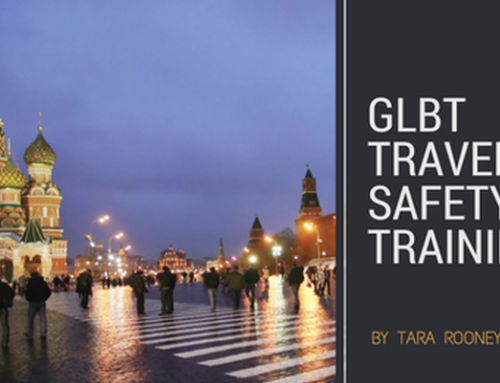Many stories reach the public on how the use of social media has helped travellers involved in incidents abroad. Twitter, Facebook and other platforms have enabled individuals to share information with fellow travellers during security incidents and natural disasters. It is often the fastest way to get a picture of real-time events unfolding from those closest to the incident.
How often do we stop to consider how the use of social media can create or contribute to a dangerous incident? As we become more relaxed about sharing details of our travels with groups of online friends, do we understand the level to which that information can be exploited?
Know the risks…
The number of thefts and break-ins at properties when the owners are abroad have been linked to opportunistic criminals who identified their property was not occupied as a result of holiday updates online. Be aware of your online presence and think about how compromising your personal details could affect you and your family. Did you know Insurance companies are now rejecting claims from travellers who have been burgled if they have posted travel updates online while abroad?
Sharing the wrong information at the wrong time could increase your chance of becoming an easy target. Avoid ‘checking in’ at a venue or business on social media when abroad, this makes it easy for individuals to find and follow you in person and places you in direct personal danger. Wherever possible, deactivate your geo-location services and protect your personal security and safety.
If using the airport, hotel or restaurant WiFi, always use a VPN, don’t visit any sites that store personal information, for example, emails or banking applications. This will reduce the chance of hackers accessing sensitive material, or a malware attack. Hackers look for easy targets, protect your online presence and security by ensuring best practice at all times.
Virtual Kidnapping – The Growth of Scam Kidnap
Virtual kidnapping has increased in recent years, specifically in Latin America. This is a form of kidnap where criminals intimate to their victim that they have a loved one in their control. By exploiting technology and predominantly social media virtual kidnappers rely on deception and fear tactics to make families think they have kidnapped someone. The whole tactic is to ensure that the ‘victim’ is in a place where they cannot be contacted by the family, and that they receive the ransom (normally small amounts) before family members realise it is a scam.
The virtual kidnappers will often use social media to ‘follow’ their victims and identify a period of opportunity, for example, a long flight or a camping expedition in a remote area. Then they will contact the family or business and demand a sum of money (usually affordable and easily wired) and insist that the person stay on the phone using fear tactics but always aimed at ensuring that their ruse is not discovered. Avoid putting your colleagues, friends or family into uncomfortable and worrying situations, think about your online presence and before you post, question if you really know who’s ‘following’ you.
Travel Safety Training
If you want to know more about personal safety when traveling, the ExploreSecure® eLearning security courses are designed by security professionals with extensive experience in personal safety and surviving in challenging environments.
Our courses include the following modules:
- Prior Preparation and Planning
- Natural Disasters
- Female Travel Safety
- Avoiding Muggings/Robberies
- LGBTQ Travel Security
- Overland transportation
- Heath and First Aid
- Safety in Hotels
- Surviving Terrorist and Active Shooter Incidents
- Situational Awareness
Visit our website at www.exploresecure.com for more information.
This article was originally posted on ExploreSecure®






